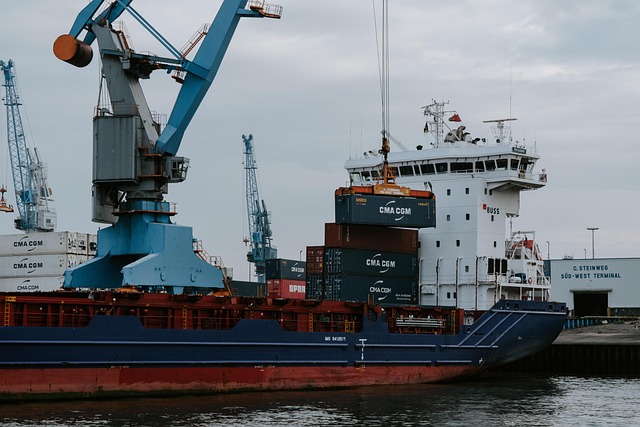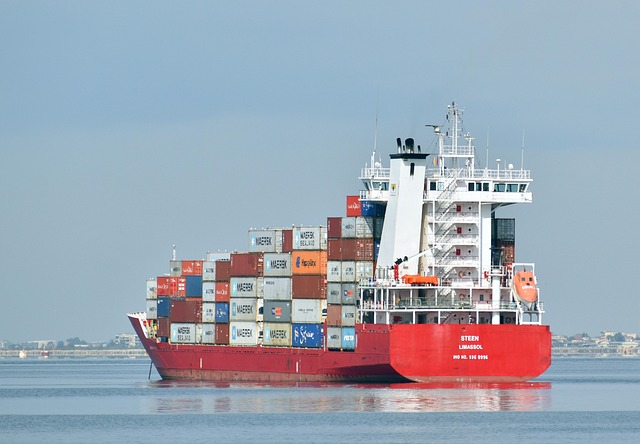Refrigerated storage containers are essential for industries needing temperature-controlled environments, preserving food quality and ensuring regulatory compliance. However, they face challenges like corrosion resistance due to moisture and cold, inconsistent temperature control, and accommodating diverse product sizes. To ensure reliable performance, crucial factors include high-quality materials, efficient insulation, modular design, and energy-saving features. Corrosion significantly reduces lifespan, compromising container integrity and temperature control, which is critical for industries like food distribution, pharmaceuticals, and medical research. Modern corrosion-resistant materials and advanced technologies extend container service life, offering flexible storage solutions tailored to various industry needs. Proactive maintenance, regular cleaning, optimal temperature management, and timely part replacements are essential for preserving perishable goods and ensuring long-term value.
Refrigerated storage containers are essential for maintaining perishable goods, but they face significant challenges due to environmental factors. This article explores how corrosion, a leading cause of failure, affects the lifespan of these critical assets. We delve into innovative materials and maintenance strategies that extend service life, ensuring efficient temperature control and reduced waste in various industries. Understanding these advancements is crucial for maximizing the performance of refrigerated storage containers in today’s competitive market.
- Understanding Refrigerated Storage Containers and Their Challenges
- The Impact of Corrosion on Container Lifespan
- Innovations in Corrosion-Resistant Materials
- Strategies for Maximizing Service Life: Maintenance and Best Practices
Understanding Refrigerated Storage Containers and Their Challenges
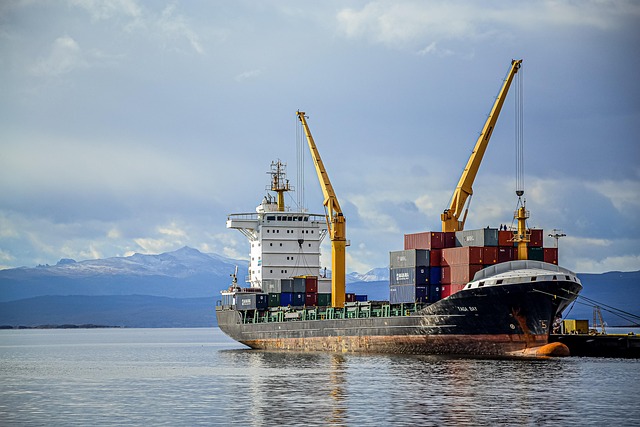
Refrigerated storage containers are essential components in industries that require temperature-controlled environments for their perishable goods. These specialized containers offer a range of benefits, from preserving food quality to ensuring compliance with health and safety regulations. However, they come with unique challenges. The primary concern is corrosion resistance due to the constant exposure to moisture and cold temperatures, which can lead to metal fatigue and structural degradation over time.
Another challenge is maintaining consistent temperature control within the container, especially in varying weather conditions or during transportation. Insufficient insulation or poor sealing can result in energy inefficiencies and compromised product quality. Moreover, these containers often face the task of accommodating diverse products with varying size and shape requirements, necessitating customizable solutions. Therefore, when selecting or purchasing a refrigerated storage container (whether new, used, or rental), it is crucial to consider factors like material quality, insulation efficiency, modular design for adaptability, and energy-saving features to ensure a reliable and long-lasting cold storage solution.
The Impact of Corrosion on Container Lifespan
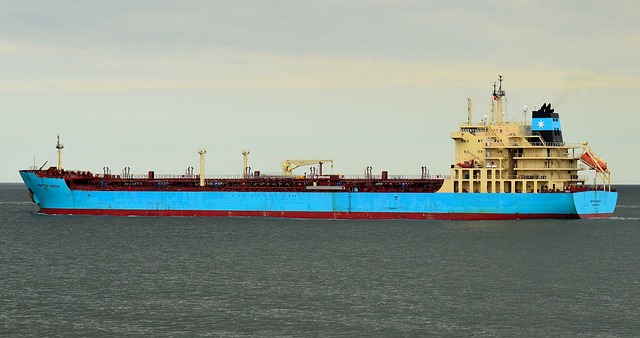
Corrosion significantly shortens the lifespan of refrigerated storage containers, a vital component in many industries that rely on temperature-controlled storage solutions. Even the smallest pitting or scaling on the container’s surface can lead to structural weakness and potential failure over time, especially when exposed to corrosive substances like salt water, acidic substances, or environments with high humidity levels. This degradation not only compromises the integrity of the container but also poses a risk to its ability to maintain consistent temperatures, compromising the quality of stored goods.
For industries such as food distribution, pharmaceutical manufacturing, and medical research, where maintaining precise temperature control is paramount, addressing corrosion is not just an issue of extending container lifespan; it’s a matter of ensuring product safety and regulatory compliance. Choosing a refrigerated storage container that incorporates corrosion-resistant materials, construction techniques, and finishes can substantially mitigate these risks, leading to longer service lives for containers and peace of mind for businesses relying on them.
Innovations in Corrosion-Resistant Materials
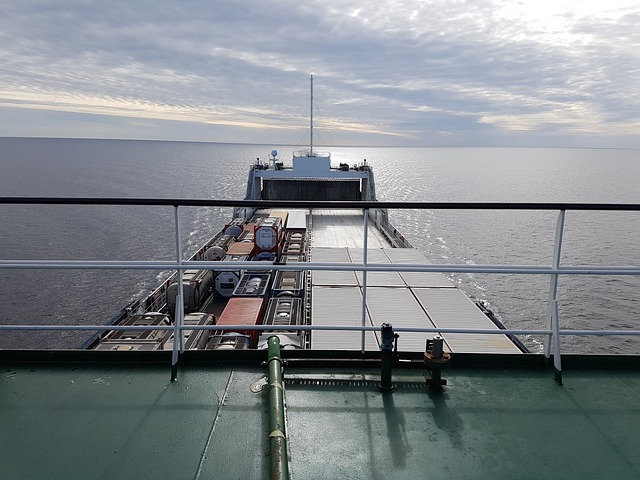
In recent years, significant advancements in corrosion-resistant materials have revolutionized the landscape of refrigerated storage containers, extending their service life and ensuring optimal performance for extended periods. Manufacturers are now employing cutting-edge technologies to develop innovative composites that can withstand harsh environmental conditions, particularly in outdoor settings or humid climates where traditional metals might falter. These new materials offer enhanced durability, making them ideal for industries requiring reliable cold storage solutions, such as food and beverage distribution, pharmaceuticals, and e-commerce fulfillment centers.
The integration of advanced polymers, fiber composites, and protective coatings has led to the creation of state-of-the-art refrigerated storage containers. These modern containers are designed to be resilient against corrosion, rust, and mold formation, ensuring the integrity of stored goods remains intact. With options ranging from portable and modular units to custom-built, large-scale refrigerated warehouses, businesses can choose flexible storage solutions that align with their specific needs. Whether one is in the market for a new or used refrigerated storage container, buy, rent, or deals with dealers, the availability of corrosion-resistant models ensures long-term value and reliable cold storage capabilities.
Strategies for Maximizing Service Life: Maintenance and Best Practices
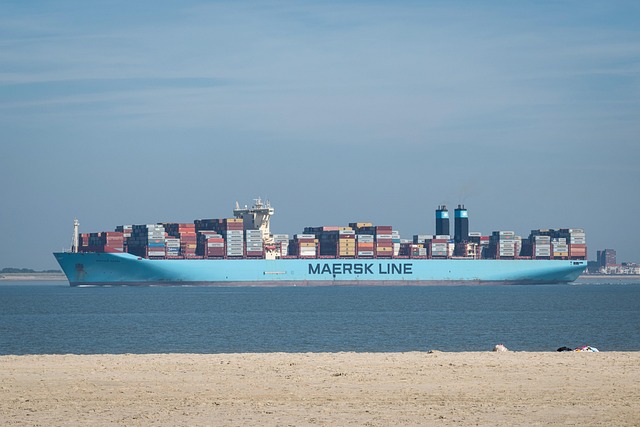
Extending the service life of a refrigerated storage container involves proactive maintenance and adherence to best practices. Regular cleaning and inspection are crucial to prevent buildup of bacteria, mold, or other contaminants that can compromise insulation efficiency. Use approved cleaning solutions and avoid abrasive materials that could damage surfaces or impact temperature control systems.
Additionally, maintaining optimal operating temperatures is vital for preserving perishable goods. Ensure regular calibration of temperature controllers and timely replacement of faulty parts. Proper ventilation and airflow management also play a significant role in preventing condensation and ensuring even cooling throughout the container. Consider custom solutions if specific dimensions or features are required to meet unique storage needs, such as those offered by mobile refrigerated storage containers or modular refrigerated storage containers.
Refrigerated storage containers are essential for maintaining perishable goods, but corrosion poses a significant challenge. By understanding the impact of corrosion and adopting innovative materials, we can significantly extend the service life of these containers. Regular maintenance and best practices, such as proper cleaning and inspection, play a crucial role in maximizing their lifespan. Investing in corrosion-resistant refrigerated storage containers is not just about enhancing durability; it’s about ensuring the integrity of products and reducing waste, ultimately contributing to more efficient and sustainable cold chain management.

